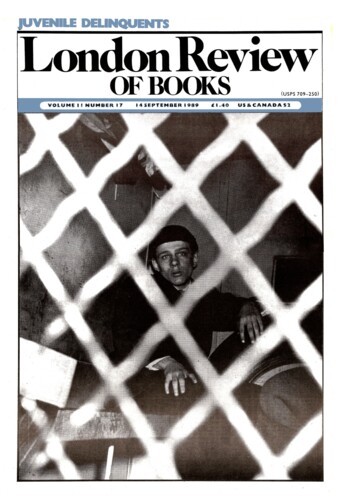Praising God
David Underdown, 10 June 1993
In a striking passage in his memoirs Richard Baxter recalls watching the battle of Langport as a young chaplain in the army of the Parliament. After some fierce fighting, panic suddenly set in among the Royalists on the opposite hill. Standing next to Baxter was the godly Major Thomas Harrison. As the Cavaliers broke and fled, Baxter heard him ‘with a loud voice break forth into the praises of God with fluent expressions, as if he had been in a rapture’.



